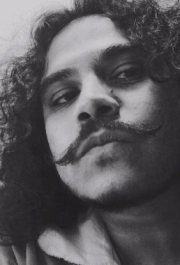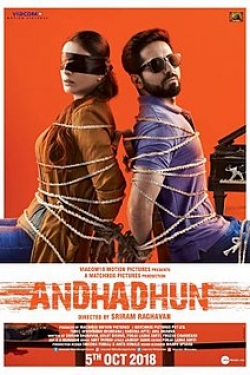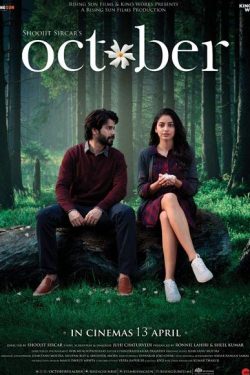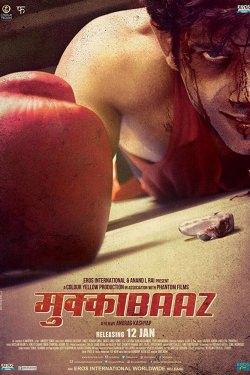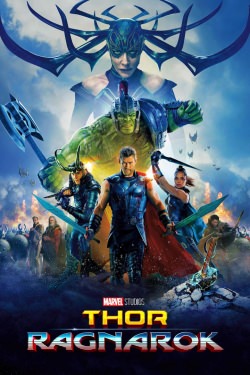Top Rated Films
Raja Sen's Film Reviews
-
Nothing justifies a 139-minute length, but Akshay Kumar carries both moustache and cop uniform better than his peers — yes, I include Salman Khan in that comparison, the one whose clothes refuse to stay on — and while both Khan and Ajay Devgn can competently scowl and maim (and make Lady Gaga claws, if need be), Kumar’s way better at playing the fool.
-
If Ram Gopal Varma were to film me writing this review, I assume he’d start with a tight close-up. First of my eyes watering from his new film’s assault, then a series of jump-cuts showing me massaging temples, yawning, cringing in my seat, then — abruptly — a slow-motion walk to my writing desk.
-
There is much craft on display, and some lovely moments, but the immense promise shown by the first half turns out as hollow as a politician’s. Soaked in sloppy sexism, the second half has the heroine repeatedly tortured — cheated, slapped, bound, gagged, shot at and abused — and yet the film decrees that she forgive. In the heartlands the film is set in, maafi is an all-absolving concept, an irretractable token of instant forgiveness, like a church confessional. Ishaqzaade, despite its artistry, deserves no pardon.
-
The film doesn’t stick to the guns the concept inherently offers. The basic idea is a fine one, offering both room for smart humour and murky moral ambiguity, but while Kapoor and his (mostly) competent cast sharply enough conjure up some smiling moments, the film squanders the most potentially thrilling aspects of the idea and leaves us with something half-baked. It goes from fantastical to formulaic, and, to be honest, there isn’t even a relevant reason for the hero to be fat — that decision ending up as ignobly as a movie poster gimmick.
-
A lot would have been forgiven — as it often is with these producers — if the film had either a meatier plot or a more gripping narrative, but this one’s just tiresome as the obvious story drags on. A couple of chase sequences, particularly one through the arteries of a Dargah, are slickly shot, but even these lose their charm as they get needlessly long-winded. And finally, telling a bad actress she looks like Angelina Jolie is just cruel — to both her and to the audience forced to sit there while she tries to smile coyly through a silly pout.
-
Backstories and complicated genealogies are frankly rather extraneous in this bloody, bullet-riddled Anurag Kashyap world, where we choose our allegiances to characters based on the movie stars they idolise and the songs they hum. Who shot first isn’t as important as whose shot looked sexier.
-
Yet it is the excess that suffocates all the magic, originality dying out for lack of room to breathe. Kashyap gets flavour, setting and character right, but the lack of economy cripples the film. There is a lot of gunfire, but like the fine actors populating its sets, Wasseypur fires too many blanks.
-
Hate Story doesn’t do either of these, and instead moans a lot. Literally. There is so much audible huffing, grunting, puffing, sighing, groaning and wheezing in this film that it feels like watching Rafa Nadal play Maria Sharapova with Monica Seles [ Images ] occasionally swinging by to show them how to achieve proper volume from the baseline. All these sounds are punctuated by ludicrous dialogue delivered so poorly (and loudly) that it fails even to achieve so-bad-its-good status. Pity, that.
-
A sweet but slapdash effort, this is, all in all, quite like watching a wedding video. Just not shot by someone with as much panache as Bittoo. And a shaadi video — one without folks you care about — always, invariably feels groanfully long.
-
Housefull 2 is shamefully bad. So bad that Ranjeet – the rapey villain of yore – who appears in one scene, is the most dignified thing about the film.

